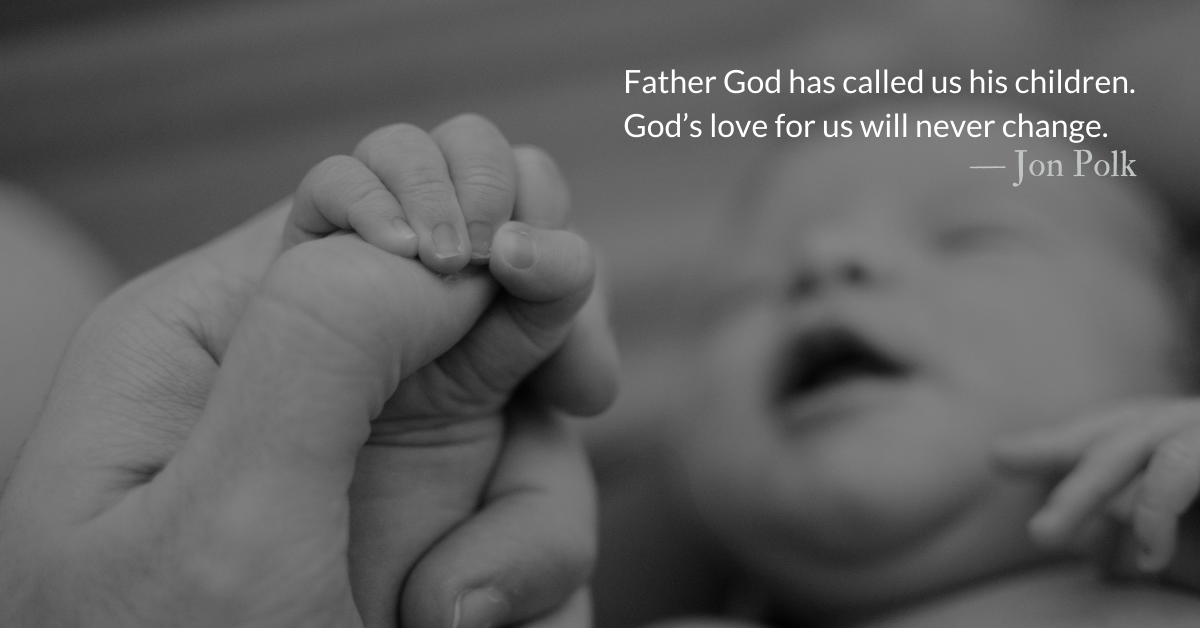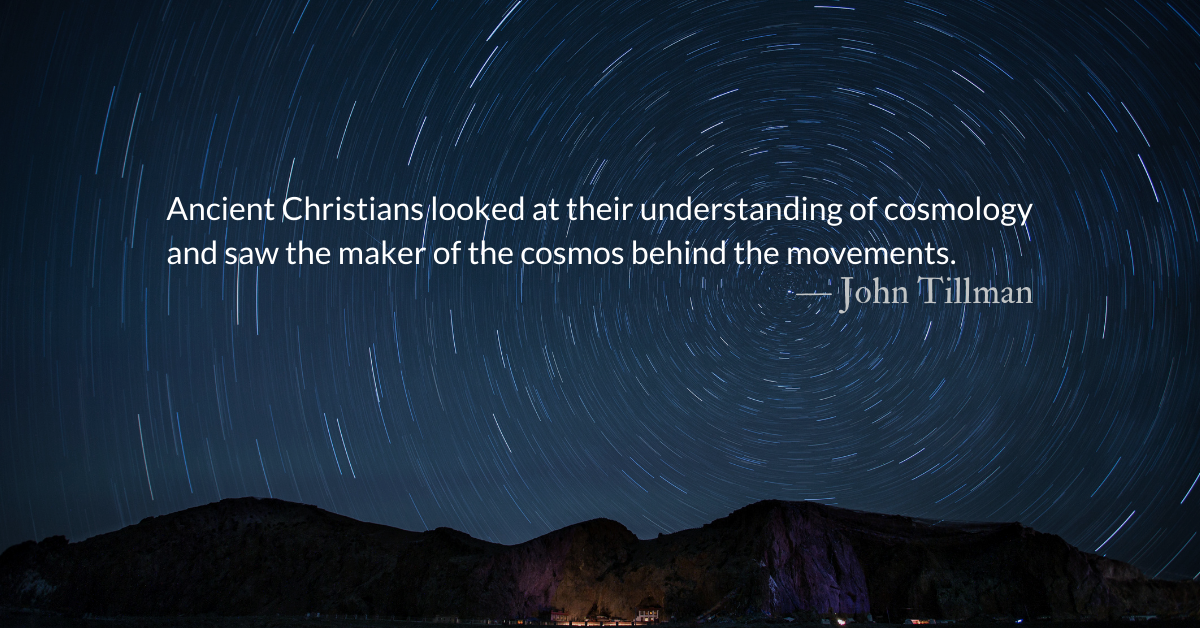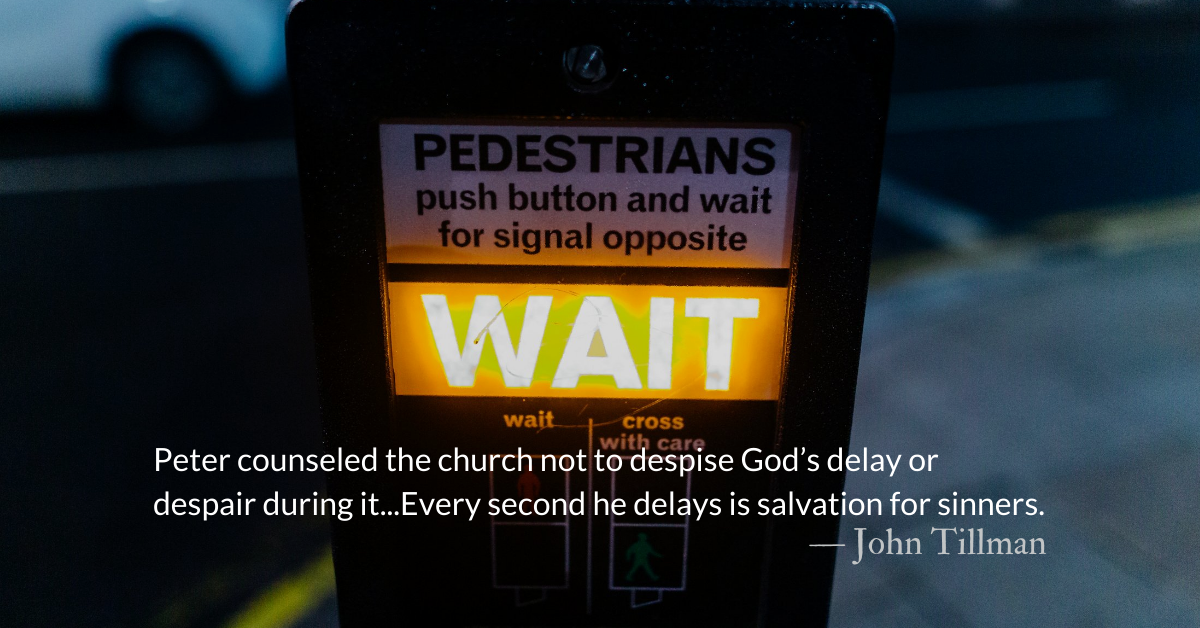Scripture Focus: 1 John 5:1-5
1 Everyone who believes that Jesus is the Christ is born of God, and everyone who loves the father loves his child as well. 2 This is how we know that we love the children of God: by loving God and carrying out his commands. 3 In fact, this is love for God: to keep his commands. And his commands are not burdensome, 4 for everyone born of God overcomes the world. This is the victory that has overcome the world, even our faith. 5 Who is it that overcomes the world? Only the one who believes that Jesus is the Son of God.
Luke 2:4-7
4 So Joseph also went up from the town of Nazareth in Galilee to Judea, to Bethlehem the town of David, because he belonged to the house and line of David. 5 He went there to register with Mary, who was pledged to be married to him and was expecting a child. 6 While they were there, the time came for the baby to be born, 7 and she gave birth to her firstborn, a son. She wrapped him in cloths and placed him in a manger, because there was no guest room available for them.
From John: Once again, I have been looking forward to Jon Polk’s Advent contributions related to music related to this time of year. Jon has always been a key source through whom I learned about unique music and artists worth discovering. Jon is a music connoisseur and collector with a massive collection of music, both on his shelves and in his heart. This week, please enjoy his exploration of the carols of Advent.
Reflection: Away in a Manger — Carols of Advent Love
By Jon Polk
One of the world’s favorite Christmas songs is the lullaby-like carol, “Away in a Manger.” A 1996 Gallup Poll ranked it as the second most popular of all carols. The simple, saccharine lyrics are beloved by both children and adults alike.
Away in a manger, no crib for a bed,
The little Lord Jesus laid down his sweet head.
The stars in the bright sky looked down where he lay,
The little Lord Jesus asleep on the hay.
First published in a Boston newspaper in 1882 with the title, “Luther’s Cradle Song,” it was accompanied by a notation which read, “The following hymn, composed by Martin Luther for his children, is still sung by many of the German mothers to their little ones.”
The great German reformer himself, known to be generally rough and abrupt in manner, penned a sappy, sweet Christmas hymn?
Actually, no. The song is nowhere to be found in any of Luther’s hymn collections or theological writings. Furthermore, linguists have compared the English and German versions of the hymn and concluded that the German is the translation not the original. Not only did those German mothers not sing “Away in a Manger” to their children, but they had never heard the song until hundreds of years after Luther’s death.
(Most likely, the song was written for and became attributed to Luther in connection with events surrounding the 400th anniversary of his birth in 1883.)
If its pedigree is not attached to the famous Martin Luther, why is this sentimental little song one of the world’s most favored Christmas carols? Its staying power may be found in the universality of parent-child relationships.
The parent-child relationship is the only human relationship that is unchangeable, permanent, and exists from cradle to grave. Friendships may wane over time, work colleagues come and go, and sadly, even many marriages end in divorce.
However, a parent will always be a parent to their child. A child will always be the child of their parents. The biological relationship is forged in eternity. More importantly, the love of a parent for their child is like no other. Ask any parent of a newborn to describe that love and they will be at a loss for words. It is in a word: indescribable.
Father God has called us his children. God’s love for us will never change. It is permanent, infinite, all-encompassing, unlike any other love. It is in a word: indescribable.
When we sing “Away in a Manger,” we are reminded of a parent’s profound love for a tiny, innocent baby and in turn, reminded of the infinitely more profound love that God has for us, his children.
I love you, Lord Jesus; look down from the sky,
And stay by my side till morning is nigh.
Listen: Away in a Manger by Shane & Shane (familiar US tune)
Listen: Away in a Manger by Lauren Daigle (familiar UK tune)
Read: Lyrics from Hymnary.org
Divine Hours Prayer: The Cry of the Church
Even so, come, Lord Jesus!
– From The Divine Hours: Prayers for Autumn and Wintertime by Phyllis Tickle.
Today’s Readings
2 Chronicles 6.11-42 (Listen – 7:17)
1 John 5 (Listen – 3:00)
Read more about Supporting our Work
The Park Forum strives to provide short, smart, engaging, biblical content to people across the world for free with no ads. Gifts to The Park Forum support this mission.
Read more about How Are You Waiting? — Hope of Advent
When we do the joyful work of anticipation and preparation for Christ’s Advent, we may find that it is actually we who are coming home.











